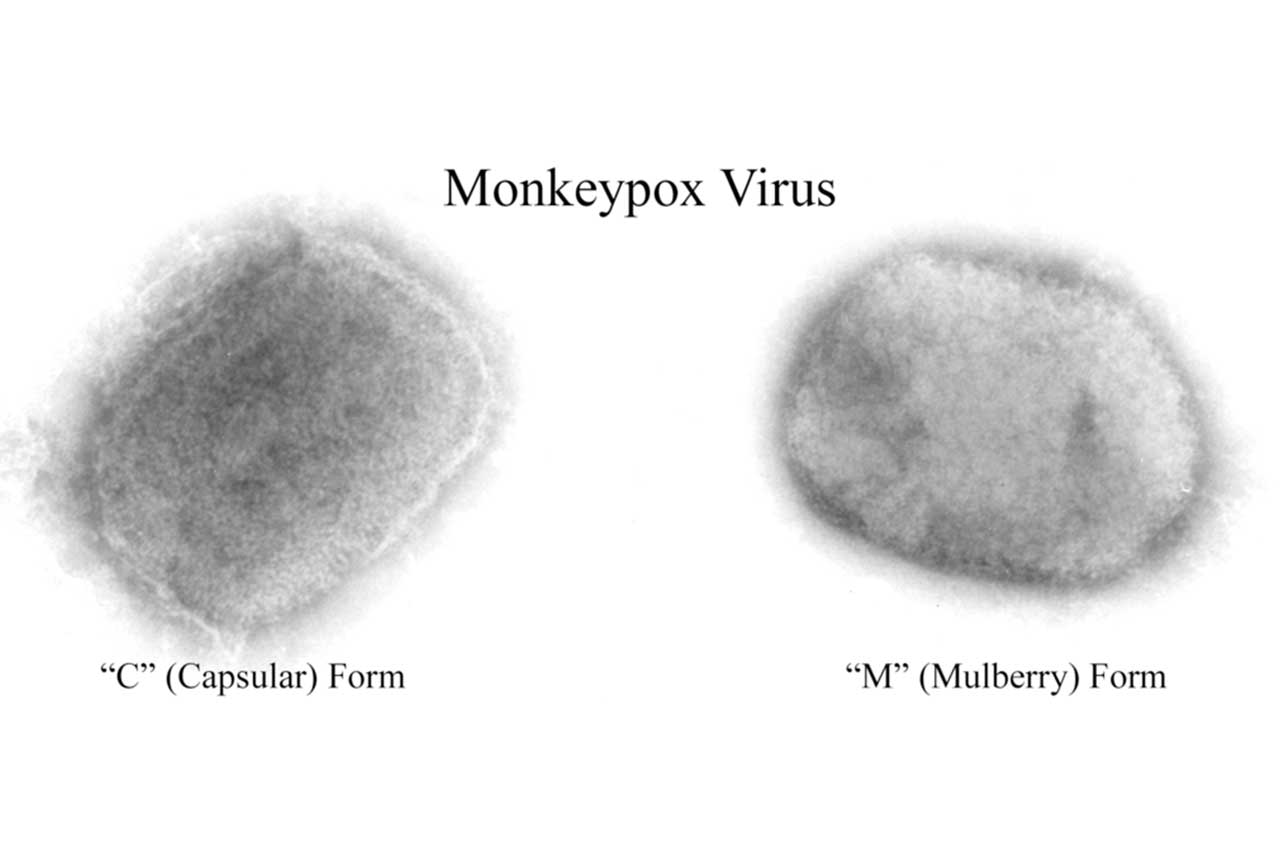Earlier this week, the pharmaceutical companies Biogen and Eisai announced encouraging results from a clinical trial for patients with Alzheimer’s disease: a monoclonal antibody treatment, called lecanemab, reduced cognitive decline by 27% in people with early-stage Alzheimer’s compared with those on a placebo after a year and a half. Outside observers say the trial could offer hope to some of the millions of people afflicted worldwide, who are largely bereft of treatments. www.science.org/content/article/five-big-questions-about-new-alzheimer-s-treatment?
Amid the excitement, however, many questions linger, including why this treatment shows promise when others based on a similar strategy have failed. For years, researchers have tried to target a signature feature of the illness: a build-up of amyloid plaques in the brain, clumps of protein that disrupt neurons and other cells. But drugs that break down or otherwise inhibit these plaques haven’t clearly subdued symptoms. The new treatment is, apparently, the first to do so.
The field has been roiled in controversy: Another Biogen drug, aducanemab, was approved by the Food and Drug Administration (FDA) last year over concerns that, despite clearing away amyloid plaques, the evidence it alleviates patients’ symptoms was unconvincing. No other approved Alzheimer’s treatment targets the disease’s presumed roots, only its symptoms. Before aducanumab, U.S. officials hadn’t greenlighted an Alzheimer’s drug for almost 20 years.






